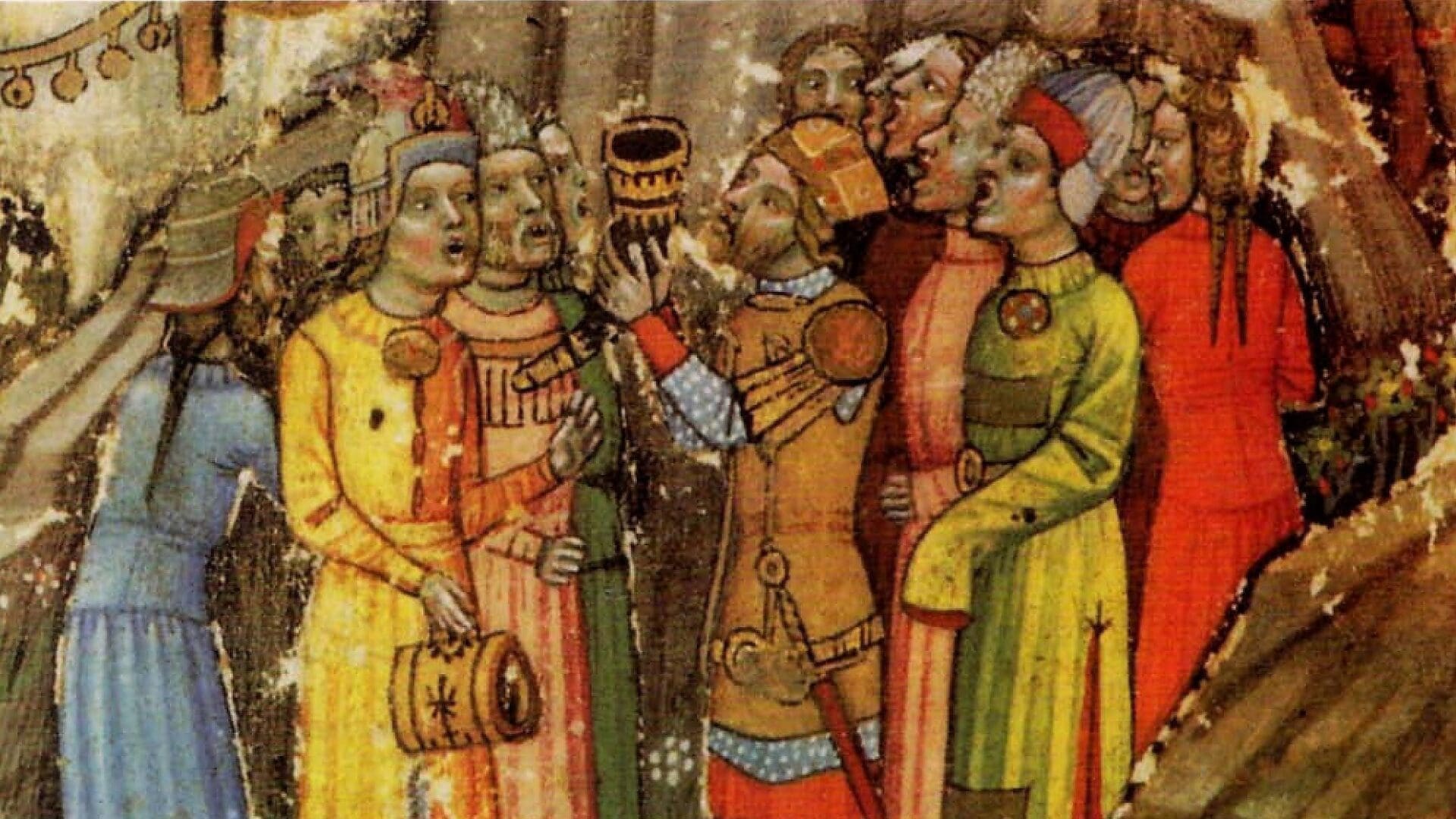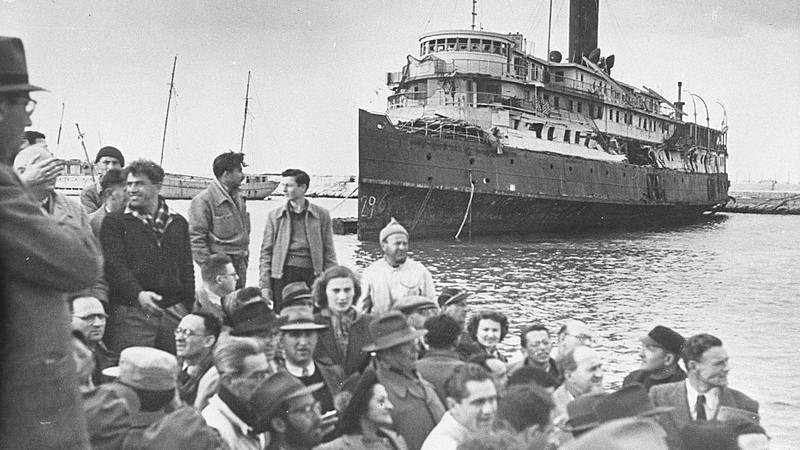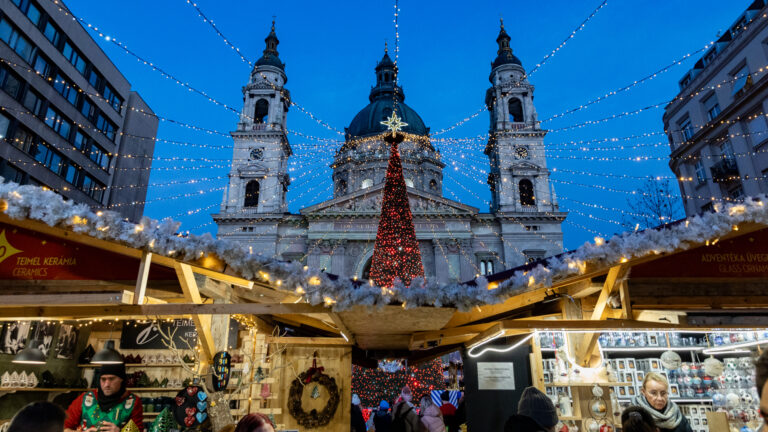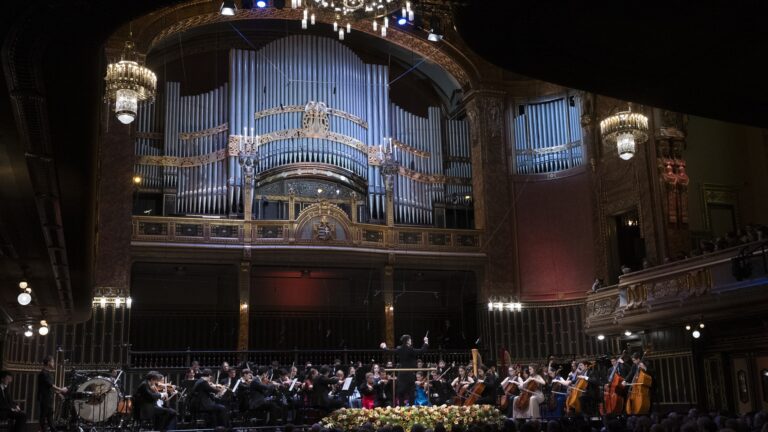Tibor Joó and the Criticism of Intellectual History
As a philosopher of history, Tibor Joó faced plenty of attacks from his contemporaries, in particular from professional historians. Bálint Hóman, one of the most respected Hungarian historians of his time, unjustifiably called the methodology of Tibor Joó and other intellectual historians ‘spiritualized’[1], underpinning his own methodological materialism, which was not so far from Marxist concepts of the philosophy of history. Historians of spirit, and especially the idea of a multi-ethnic and non-nationalist Hungarian empire, were also attacked by medieval historian Elemér Mályusz. In the latter’s opinion, these concepts expressed the ‘wishful thinking’ of ‘Jewry’.[2] Géza Istványi, in Protestáns Szemle (‘Protestant Review’), sharply criticized spiritual historians for using philosophical approaches instead of sociological ones, viewing their approach as not sufficiently ‘realistic.’[3] Tibor Joó, in a detailed reply to Istványi, shed light on the methodology of the history of ideas, claiming that those working in this tradition ‘do know the data and facts’ and do not ‘negate’ them, but rather, they give priority to the spiritual rather than the material.
‘Society, human society…evolved from the naturally given coexistence of men, under the cultural, transformative, organizing power of the human spirit, just as the human spirit formed speech out of the naturally given voice, or David’s statue out of a block of marble from Carrara. And the same force sustains it, determines its structure and directs its dynamic movement. Without the spirit there would be no human race, as we understand the word man, any more than there would be man himself. Man and spirit cannot be separated from each other in any sphere of human life…Indeed, spirit is primary to the created world and to the history of man. Without it there would be none…And the primacy of the objective spirit in the world of human creations will be difficult to establish. History is precisely the struggle of these forces pursuing different ends, and the ultimate task of history is to discover these forces from the data that remain to us, so that we can understand them. This is what is called spiritual history. And is this not an approach realistic enough? Is it not reality? And why should a social phenomenon be positive rather than the idea that created it? Why, then, should the science that investigates it be less positive?’[4]
As Gusztáv Tamás Filep put it in relation to the contemporary criticisms of the history of ideas, ‘Many of the historians of the subject—for example, Domokos Kosáry in the discussion of Joó’s concept in the Hungarian Philosophical Society—pointed out that the theory was not supported by the results of scientific research. It is likely, however, that these specialists did not recognize the methodology of the philosophy of history itself, which had penetrated their field of study.’[5]
‘The history of ideas is, in fact, a philosophy of history that takes into account factors that transcend matter’
On our part, we doubt that ‘history of ideas’ as a methodologically coherent discipline existed in Hungary between the two world wars—a school that for example Ervin Csizmadia suggests that Lajos Prohászka and László Makkai belonged to, along with Tibor Joó [6]. Nevertheless, their work is undoubtedly a prime example of an attempt at the creation of a conservative-oriented social science. The history of ideas is, in fact, a philosophy of history that takes into account factors that transcend matter, and through a specific research methodology is able to grasp and evaluate the processes that take place ‘behind’ the surface of purely material social phenomena. The emphasis on intellectual history is important because materialist or positivist approaches to history that have come to dominate modern historiography make it impossible to explain great intellectual movements that shape the destiny of peoples, nations, and states—the world—‘above’ material reality. Approaches that do not account for the role of spirituality remain truncated and one-sided, and their attempts to understand historical reality are superficial at best. The history of ideas is not, of course, about the denial of positive facts—as Joó pointed out; historians of ideas work from the same sources and data as their peers. But in all cases, including those of positivists and materialists, the facts are known through some kind of interpretation, through the introduction of a subjective element, and this subjectivity is not at all a necessarily ‘reality-distorting’, negative factor. Hence the importance of recognizing the theory-ladenness of all human knowledge.
The concept of the nation raised by Tibor Joó is the most enduring element of his work, and can still provide many lessons, especially with regard to the deeper meaning of the Hungarian nation and the Hungarian nobility. This spiritual concept of the nation, which does not derive the birth of each national community from race or biological substance, but rather from the spiritual will of the people or the individuals who compose the nation, standing above the physical determinations of the individual, has a decisively positive meaning for conservative Hungarian concepts of the nation. We have to recognize that ‘being Hungarian’ is not a question of ethnicity, and pre-dates King Stephen I’s—in many ways anti-traditional—(re)foundation of Hungary as a specifically Christian state. Indeed, Marxist historians celebrated King Stephen I as an exemplar of progress, a modernizer of the Hungarian nation, while on the other hand we do not know many sources from the subsequently repressed ‘pagan’ Hungarian tradition.
Of course, Hungary became a Christian as soon as it was founded and is inseparable from European Christianity. However, alongside our medieval Christian culture, we should also affirm our pre-Christian Steppe tradition, as did many kings of the Árpád Dynasty, and even our King Matthias Corvinus (Hunyadi). The different layers of the Hungarian nationhood and the Hungarian national spirit cannot be set against each other but are superimposed and complementary. A positive concept of nationhood would have the task of preserving and nurturing the best of the legacies of each era. For there is plenty of wisdom and tradition to cherish, looking back on our rich and beautiful history. And this spiritual and cultural preservation is the best headwind to dispel the stale air of modernity.
In a globalizing world the reality of nations is increasingly being called into question, with attempts to homogenize peoples, eliminating all particularity, individuality and specific essence. We need a positive nationalism with a specific meaning, capable of defying the globalist technocratic dreams of world government, and of representing a self-consciousness and historical awareness in the face of power structures which are primarily driven by the ideals of homogenization and efficiency.
Tibor Joó draws our attention to the fact that the Hungarian national tradition, during its historical unfolding, synthesizing the ancient nomadic tradition with Christian Europe, developed a uniquely positive ‘nationalism’, which was qualitative and differentiated, but never one-sided, levelling and chauvinistic: it was indeed a testimony to the ‘political wisdom’ of the nomadic spirit. ‘Being Hungarian’ is therefore not race, but an ‘ideal’—a positive ideal in which the ‘wisdom of the ancestors’ truly radiates.
[1] ‘With speculations called “history of the spirit”, but far removed from real historicism, they contrast some spiritualized, nebulous concept of the nation with the concept of the nation of the people and at the same time with the concept of the historical nation. Referring to the fact of the intermixture of blood, they doubt the existence of races beyond antiquity and see in the people and nation of today a spiritual product determined merely by factors of attitude to life, morality and will. From the correct thesis that “the nation is not a natural formation, but a spiritual creation”, they draw the erroneous conclusion that “the nation is not constituted by race or ethnicity, but by its individual consciousness and vocation: the spirit.” It is wisely omitted that at the time of the origin and “constitution” of the nation, it is still only the self-consciousness and vocation of the people, or of the community expressing the people, that can be spoken of, because this would immediately reveal the connection between the nation and the ethnicity.’ Excerpt from Bálint Hóman’s opening remarks at the general assembly of the Hungarian Historical Society on 10 June 1943 in Századok, 1943, 139-140. Cited by: Gusztáv Tamás Filep, Joó Tibor, 133.
[2] Gusztáv Tamás Filep, Joó Tibor, 133
[3] Gusztáv Tamás Filep, Joó Tibor, 133, 144.
[4] Cited by Gusztáv Tamás Filep, Joó Tibor, 133, 144.
[5] Gusztáv Tamás Filep, Joó Tibor, 133, 135.
[6] ‘Tibor Joó, Lajos Prohászka and János Makkai represent the so-called spiritual-historical social-psychological trend, which was extremely popular between the two wars—not only in Hungary. Thinkers such as Gustave Le Bon, Ortega Y Gasset and others are at the forefront of this trend.’ Ervin Csizmadia, OTKA-Report, https://real.mtak.hu/2695/1/69072_ZJ1.pdf, accessed 3 Oct. 2024.
Read Part II and III:





